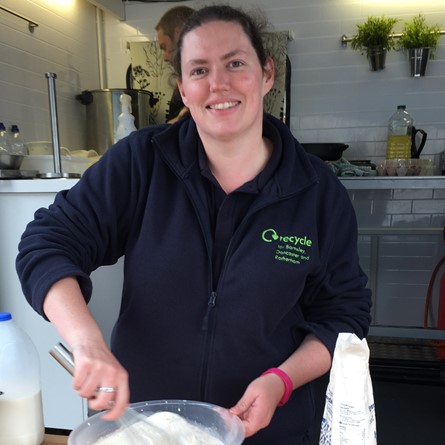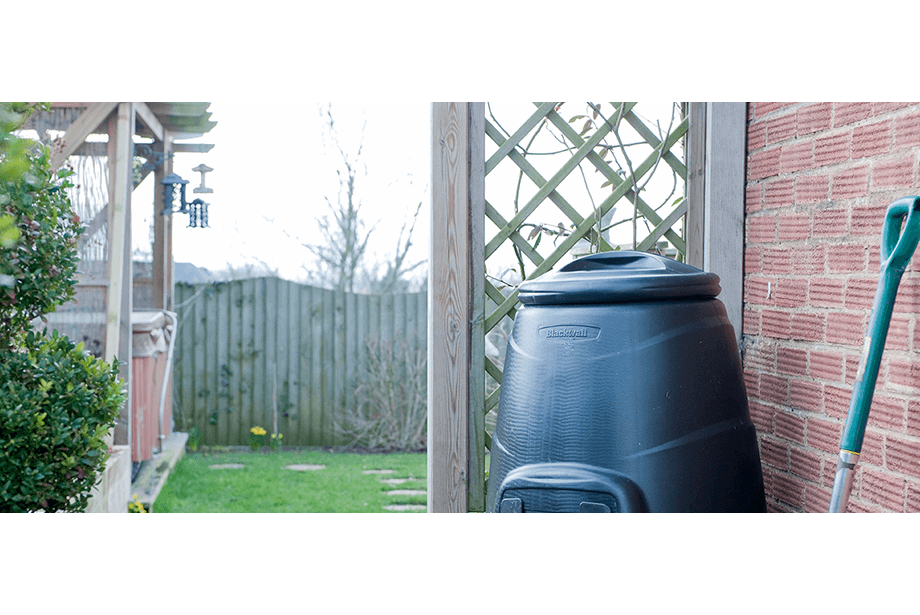Did you know that it only takes between 9 months and 1 year to turn your food waste into compost? This will save you from needing to buy compost which will save you money!
Worktop composting bins are a great place to start and sit conveniently, as the name suggests, neatly on your worktops. Storing them away from food preparation at room temperature usually works well, we find that under the sink is the best spot (if you have room!).
Many different worktop composting bins can be bought from garden centres and online retailers for a reasonable price – or you could make your own.
Once your bin is full, you can empty it to your outdoor compost bin and can be used all over your garden, from your plant pots to your vegetable patches.
Here are a few items everyday items you can pop in your kitchen compost bin;
Vegetable waste and peelings
Leftover salad
Fruit & veg skins (e.g. banana peels and avocado skins)
Black and white newspaper, printer paper or cardboard
Throw them in the garden compost with outdoor items;
Grass clippings
Tree leaves
Wood shavings or sawdust
Food waste containing animal products such as meat, fat, dairy and bones cannot be composted in a traditional home composter, these items are too enticing to unwanted wildlife. If you place your compost bin on bare soil, this will allow worms and other bugs to enter and help to speed up the composting process.
Do you have any composting hints or tips to share? How do you compost your kitchen waste?
We would love to hear from you, get in touch using the links below by tagging us or using #SYrecycles.






